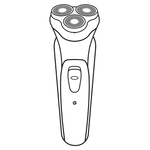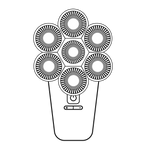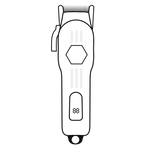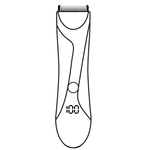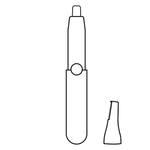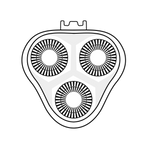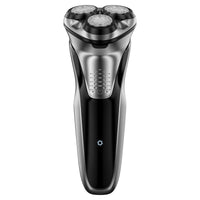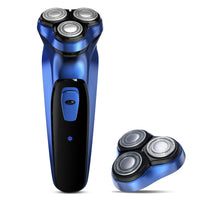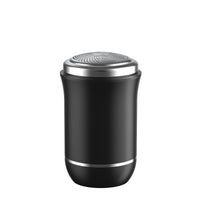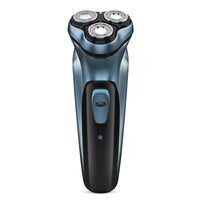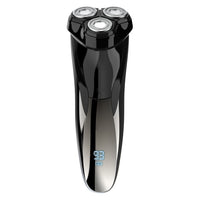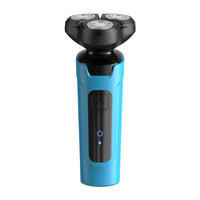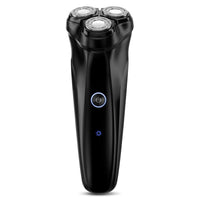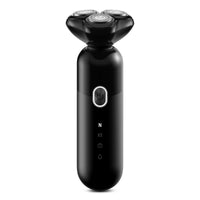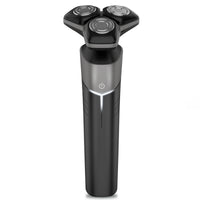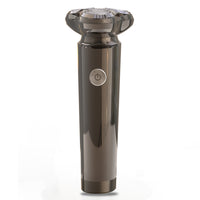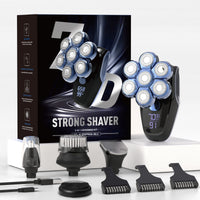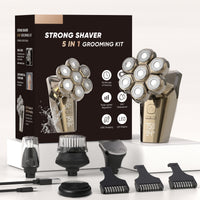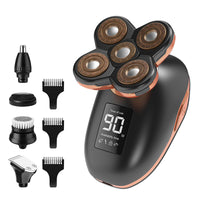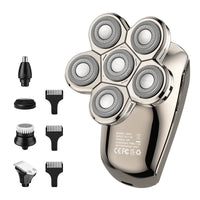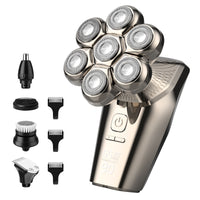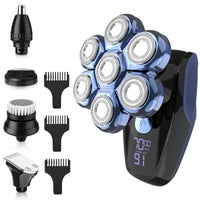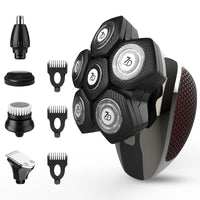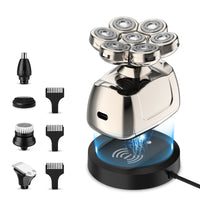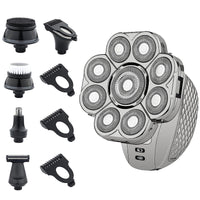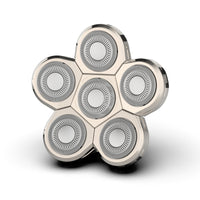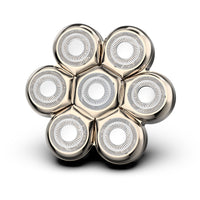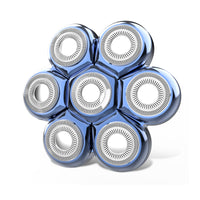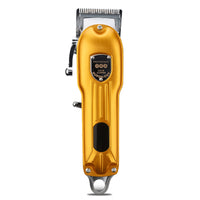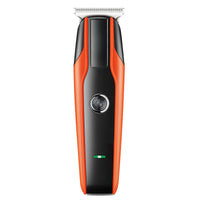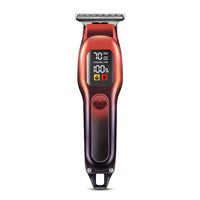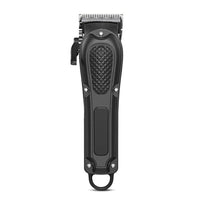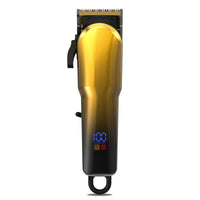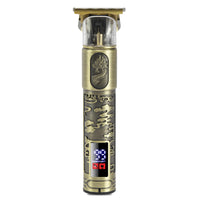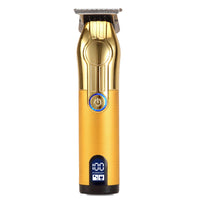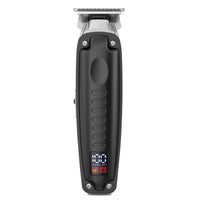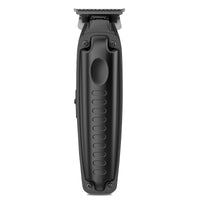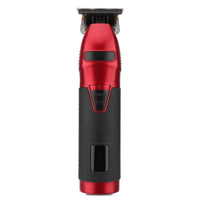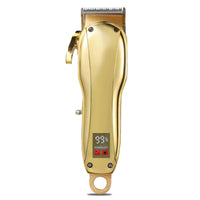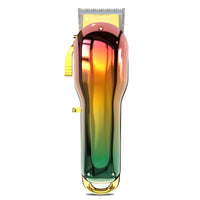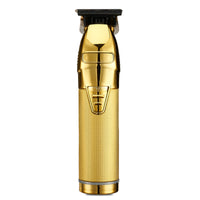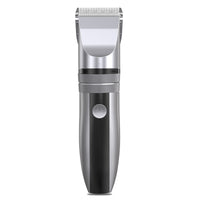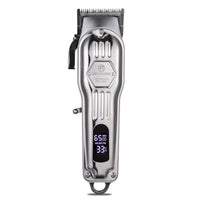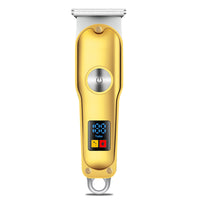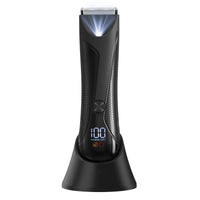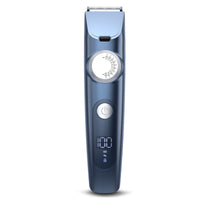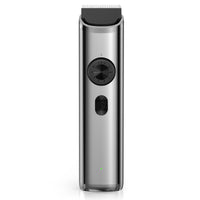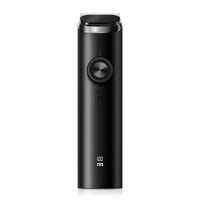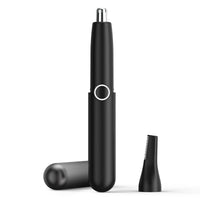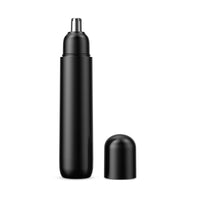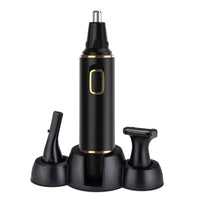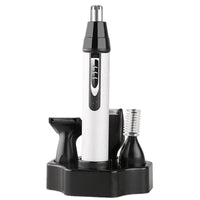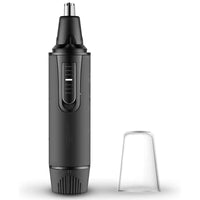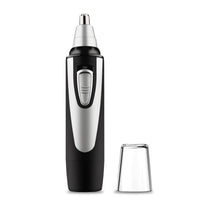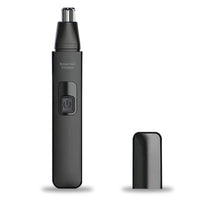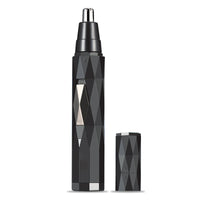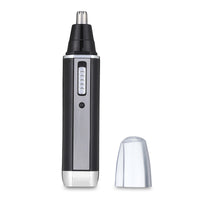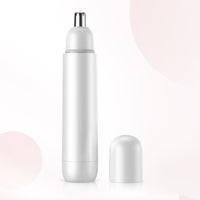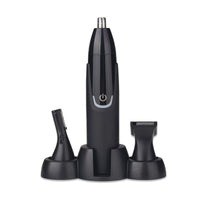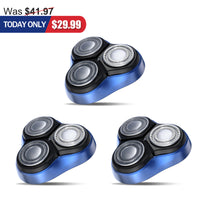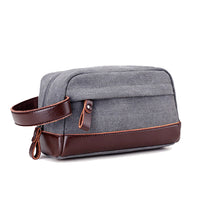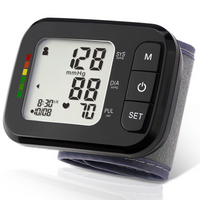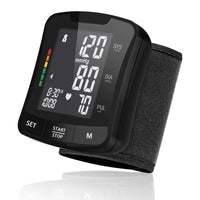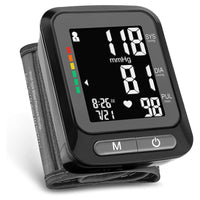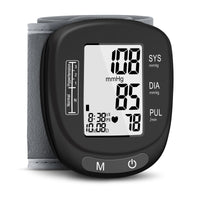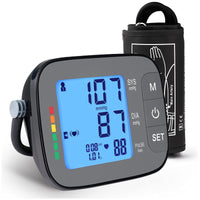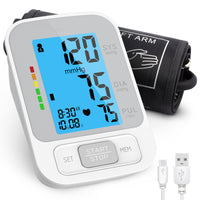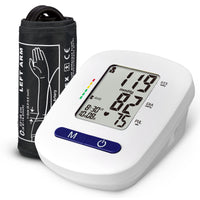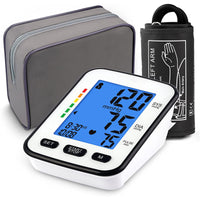- Subtotal:
ITE Rechargeable Hearing Aids GM-902
Shipping Policy
| Region | Country | Standard Shipping Time(Business Days) |
| North America | US | 6-10 |
| Canada | 8-15 | |
| Mexico | 8-12 | |
| South America | Brazil | 15-25 |
| Chile | 10-17 | |
| Colombia | 11-19 | |
| Europe | France, Germany, Italy, Spain, Netherlands, Belgium, Luxembourg, Ireland, Bulgaria, Croatia, Czech Republic, Estonia, Finland, Hungary, Latvia, Lithuania, Malta, Poland, Portugal, Romania, Slovakia, Slovenia, Sweden, Austria, Denmark | 6-10 |
| United Kingdom,Switzerland | 5-8 | |
| Greece,Cyprus | 8-12 | |
| Norway | 8-10 | |
| Asia | Singapore | 5-8 |
| Malaysia | 6-10 | |
| Thailand | 8-11 | |
| Vietnam | 6-8 | |
| Philippines,Israel | 5-10 | |
| Türkiye | 6-10 | |
| South Korea | 4-6 | |
| Japan | 4-7 | |
| Oceania | Australia | 6-10 |
| New Zealand | 8-15 | |
| Africa | South Africa | 8-15 |
We choose appropriate shipping methods for delivery.The main options are as follows:
 Charging case
Charging case
 Pair of hearing aids
Pair of hearing aids
 7*Pairs of earplugs
7*Pairs of earplugs
 Charging cable
Charging cable
 Lanyard
Lanyard
 2*Cleaning brush
2*Cleaning brush
 User guide
User guide
 Operation guide
Operation guide


| Region | Country | Standard Shipping Time(Business Days) |
| North America | US | 6-10 |
| Canada | 8-15 | |
| Mexico | 8-12 | |
| South America | Brazil | 15-25 |
| Chile | 10-17 | |
| Colombia | 11-19 | |
| Europe | France, Germany, Italy, Spain, Netherlands, Belgium, Luxembourg, Ireland, Bulgaria, Croatia, Czech Republic, Estonia, Finland, Hungary, Latvia, Lithuania, Malta, Poland, Portugal, Romania, Slovakia, Slovenia, Sweden, Austria, Denmark | 6-10 |
| United Kingdom,Switzerland | 5-8 | |
| Greece,Cyprus | 8-12 | |
| Norway | 8-10 | |
| Asia | Singapore | 5-8 |
| Malaysia | 6-10 | |
| Thailand | 8-11 | |
| Vietnam | 6-8 | |
| Philippines,Israel | 5-10 | |
| Türkiye | 6-10 | |
| South Korea | 4-6 | |
| Japan | 4-7 | |
| Oceania | Australia | 6-10 |
| New Zealand | 8-15 | |
| Africa | South Africa | 8-15 |
We choose appropriate shipping methods for delivery.The main options are as follows:
Bring Sound & Bring Love
Experience enhanced hearing with JOYHEALTH's advanced digital chip hearing aids, effectively reducing noise in all directions. Ideal for seniors with mild to moderate hearing loss, this thoughtful gift ensures clear enjoyment of life's sounds and say goodbye to missed conversations and hello to a love-filled, happy family!
Over-the-counter hearing aids are devices that consumers can buy directly from traditional retailers and pharmacies without the need for a visit to a hearing health professional.
Improper use of OTC hearing aids may cause damage to the ears.
If whistling occurs when using OTC hearing aids, it may cause secondary damage to hearing. You need to see a hearing aid to check whether the earplugs or customized machine shell are suitable.
In addition, if you use OTC hearing aids for too long, it may also cause hearing damage. It is recommended that hearing aids be worn no more than 8 hours a day.
Therefore, when using OTC hearing aids, you need to pay attention to the adaptation period, wearing time, sound control, cleaning and maintenance, etc. to avoid damage to hearing.
To judge whether an OTC hearing aid is suitable for you, you need to consider the following aspects:
Degree of hearing loss: Different hearing aids are suitable for different degrees of hearing loss. If your hearing loss is mild, you can choose some small, simple hearing aids; if your hearing loss is severe, you need to choose hearing aids with more power and full functions.
Hearing needs: Everyone’s hearing needs are different. If you need to participate in social activities, go shopping, etc., you need to choose hearing aids with higher clarity and noise reduction functions; if you mainly answer calls or watch TV at home, you can choose some simple and economical hearing aids.
Appearance: Different hearing aids have different shapes, such as behind-the-ear, in-the-ear, canal, etc. You need to choose a hearing aid that suits you based on the shape and size of your outer ear.
★It is best to seek the advice of a professional audiologist or doctor before purchasing.
Using OTC hearing aids may cause some side effects, such as ear discomfort, headache, tinnitus, etc. If these symptoms occur, you should stop using it immediately and consult a doctor.
When using OTC hearing aids for the first time, you need to pay attention to the following points:
Adaptation period: There needs to be an adaptation period when wearing hearing aids for the first time, which usually takes 1-3 months. During the adaptation period, the time spent wearing hearing aids gradually increases every day, and at the same time, it is necessary to gradually adapt to various sounds and environments.
Volume control: When you first wear a hearing aid, you need to control the volume at an appropriate level. Generally speaking, you should choose to use it in a quiet environment first and gradually transition to a noisy environment.
Avoid excessive sound stimulation: When you first wear a hearing aid, you need to avoid excessive sound stimulation to avoid discomfort. It is recommended to start face-to-face conversations with family members at home and gradually increase the time and intensity of daily communication.
Regular cleaning and maintenance: Hearing aids require regular cleaning and maintenance, including replacing receivers, cleaning sound guide tubes, etc. Generally speaking, you need to go to a professional hearing center for comprehensive cleaning and maintenance every 3 months.
Do not drop or impact: Hearing aids are precision electronic products, so they need to be avoided from being dropped or impacted to avoid damage or reduced effectiveness.
You might encounter that your hearing aid whistles constantly. This is not normal, so if it happens, you should do something to stop it.
The top causes of feedback in hearing aids are:
- The hearing aid does not fit the wearer’s ear canal size or shape well enough
- The wearer has ear wax buildup
- The hearing device is worn incorrectly
- The hearing aid settings are unsuitable
Whistling could also be caused by any combination of the above.
OTC hearing aids are for adults 18 years of age or older who think they have mild-to-moderate hearing loss. You may have mild-to-moderate hearing loss if, for example:
- Sounds or speech seem quiet or muffled to you.
- You have difficulty hearing in a group setting, with background noise (e.g., restaurant), speaking on the phone, or need to face people when talking to understand them.
- You ask others to repeat themselves or speak more loudly.
- People complain that you turn up the TV or radio too high.
Hearing aids are small devices that amplify sound and can help people hear better with hearing loss. Hearing aids difer by design, technology used for amplification (i.e., analog versus digital), and other special features. Generally, the microphone receives sound and converts it into a digital signal; the amplifier increases the strength of the digital signal; and the speaker produces the amplified sound into the ear. Properly fitting hearing aids can be adjusted to preferentially amplify frequencies of loss based on an individual patient's measured loss.

